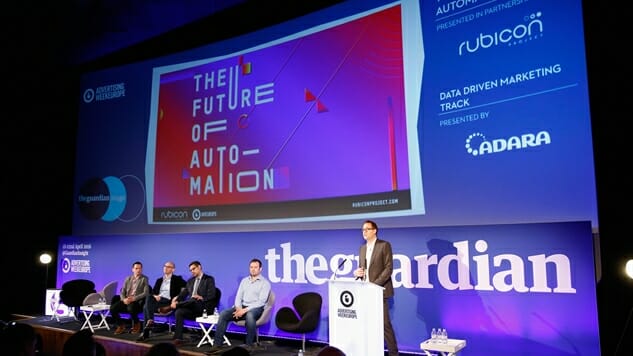How Will Automation Influence Our Media?
Photo by Tristan Fewings/Getty
Mortality, bills, work, violence, unrest, the vastness of the universe, post-Little League failures, health matters, family safety… I’ve got plenty that keeps me up at night. I’m officially adding automation to the list.
The unfettered, inexorable advance of technology is as frightening as it is exciting. Working on the periphery of the trucking industry — which is on the cusp of a profound automation transformation — has forced this issue on to my mind’s front-burner.
The robots are here, and they are, ahem… takin’ ‘er jobs.
-

-

-

-

-

-

-

-

-

-

-

-

-

-

-

-

-

-

-

-

-

-

-

-

-

-

-

-

-

-

-

-

-

-

-

-

-

-

-

-








































